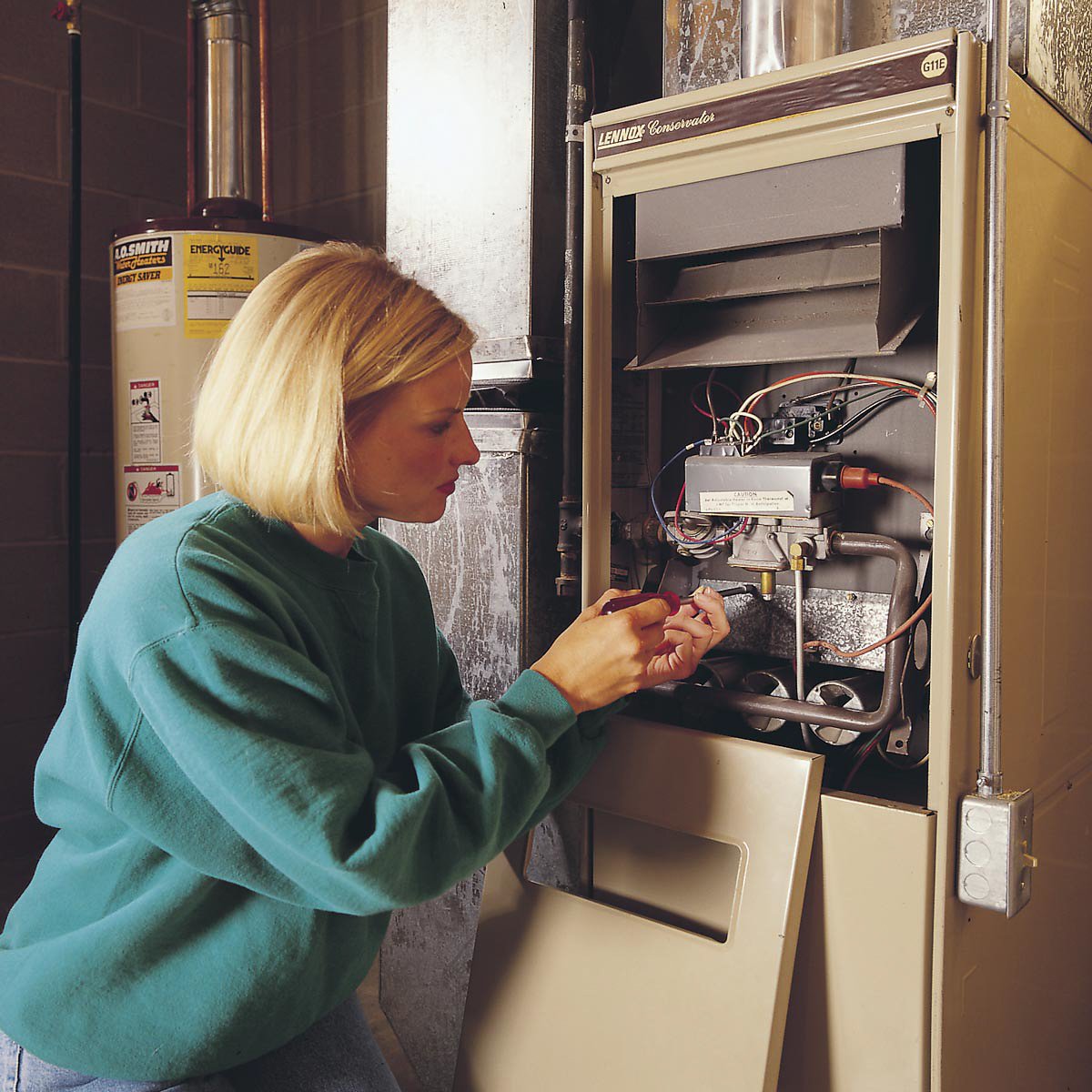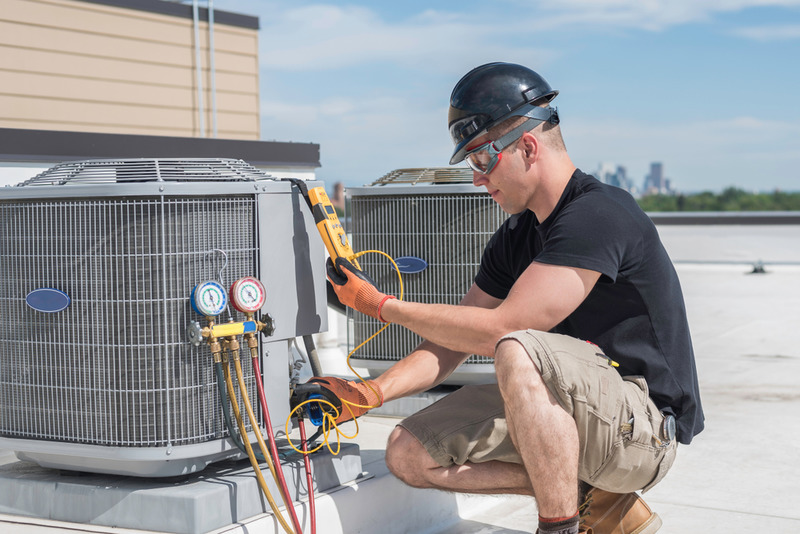Maximizing Comfort: The Ultimate Guide to Air Conditioning Efficiency

How to Pick the Right Cooling Device for Your Home
When it comes to selecting the appropriate cooling system for your home, it's like discovering the excellent problem piece for an intricate photo. The selection of alternatives readily available can be overwhelming, but fear not, similar to a bit of assistance, you can decide that fits your demands like a glove.
From taking into consideration energy efficiency scores to examining your home's design, each aspect plays an important duty in ensuring your convenience and contentment. So, before you make a decision, take a minute to discover the key elements that will lead you to the excellent air conditioning remedy for your home.
Key Takeaways
- Focus on high SEER rankings for cost-efficient and energy-efficient cooling.
- Ensure correct sizing to take full advantage of efficiency and efficiency, staying clear of boosted energy prices.
- Select the appropriate system based upon your home's design and cooling down requirements.
- Think about long-term financial savings, service warranty insurance coverage, and maintenance expenses in your spending plan planning.
Power Efficiency Scores
When picking an air conditioning device for your home, think about the energy effectiveness rankings to guarantee cost-efficient air conditioning. Energy effectiveness is necessary for saving money on your energy costs while also decreasing your environmental effect. The Seasonal Power Performance Ratio (SEER) is an essential statistics to focus on when examining air conditioning unit. Greater SEER rankings show much better power effectiveness and possibility for price savings in the long run. By selecting an unit with a high SEER ranking, you can appreciate reduced energy consumption and lowered cooling prices with time.
It is essential to distinguish between Energy Efficiency Ratio (EER) and SEER when assessing the efficiency of an a/c system. While EER represents the cooling result of the system split by the electric input under details conditions, SEER provides an average efficiency over a whole air conditioning season. Understanding the distinction in between these two rankings can help you make an informed decision when selecting an energy-efficient air conditioning system for your home. Prioritizing SEER ratings can lead to considerable energy financial savings and improved cooling performance.
Dimension and Cooling Capability
To ensure optimal performance and efficiency in your a/c system, recognizing the proper dimension and air conditioning capacity for your home is crucial. Correct sizing is essential for making sure that your ac unit can effectively cool your space without unneeded energy intake. An a/c unit that's also little will have a hard time to cool your home appropriately, resulting in boosted power expenses and minimized cooling down effectiveness. On the various other hand, an extra-large unit may cool the air rapidly however won't correctly evaporate the area, causing a clammy environment.
When figuring out the right size for your air conditioning unit, variables such as the square video of your home, ceiling height, insulation degrees, and neighborhood environment should be taken into consideration. https://croydonhvac.co.uk/air-conditioning-installation.html Consulting with a specialist a/c specialist can aid you accurately determine the cooling ability required for your specific demands. By selecting the appropriate dimension for your air conditioning unit, you can maximize cooling down performance, power effectiveness, and general comfort in your home. https://croydonhvac.co.uk/air-conditioning-repair.html
Types of A/c Solutions
Choosing the ideal air conditioning system for your home is important for maintaining a comfortable indoor setting. When considering various types of air conditioning systems, two preferred choices you could find are ductless mini splits and home window devices.


Ductless mini splits are functional systems that consist of an outdoor compressor system and several indoor air-handling devices. They're reliable, provide zoned air conditioning, and are quieter compared to conventional central air conditioning systems. Ductless mini splits are a wonderful option for homes without existing ductwork or for area enhancements.
On the other hand, home window units are an even more conventional and portable alternative. These systems are self-supporting, with all components housed in a solitary box that's mounted in a home window or a specifically developed wall surface opening. Window units are cost-effective, very easy to set up, and appropriate for cooling specific areas. However, they might be much less energy-efficient than ductless mini splits and can obstruct all-natural light and sights.
Take into consideration the layout and cooling requirements of your home to identify which kind of cooling system is the best suitable for you.
Consider Your Home's Format
When assessing your design, 2 crucial factors to remember are ductwork choices and zoning considerations.
To begin with, examine the ductwork options in your house. If your residence currently has ductwork in place, an air conditioning system may be a practical and affordable selection. This system utilizes a network of ducts to distribute amazing air throughout your home efficiently. On the various other hand, if your home does not have ductwork, a ductless mini-split system can be a viable option. These systems are simpler to install in homes without existing air ducts and supply versatility in cooling various areas of your house individually.
Next, consider zoning factors to consider. Zoning permits you to divide your home right into various locations with separate temperature controls. This can be advantageous if specific areas of your home require more cooling than others, assisting you save on energy prices by just cooling the required areas. Reviewing these facets of your home's design will certainly guide you in the direction of choosing one of the most appropriate air conditioning system for your certain needs.
Budget Plan and Upkeep Expenses
Examining your spending plan restrictions and estimating potential maintenance costs will play a considerable role in establishing the most suitable cooling system for your home. When considering budget, factor in not just the first price of the device yet also long-term cost savings and operating budget. Opting for an extra energy-efficient model might've a greater upfront expense but can result in significant financial savings on your energy costs gradually.
Furthermore, when evaluating maintenance expenses, take note of guarantee insurance coverage. A system with a detailed service warranty can offer comfort and possibly save you money on fixing costs in the future. Make certain to ask about what the guarantee covers and for for how long. Recognizing this details can help you make an extra informed decision based on your budget plan and prospective future expenditures.
Regularly Asked Inquiries
What Are the Best Practices for Preserving and Cleaning Up an A/c Device to Make Sure Optimum Efficiency?
To maintain your a/c system running efficiently, stay with a routine upkeep schedule. Clean the filters and coils regularly to prevent build-up and make certain peak performance.
Efficiency pointers include securing leakages in ducts and keeping the area around the unit clear. If you experience issues, refer to a troubleshooting guide or call a specialist for aid.
Stay on top of cleaning methods and upkeep to appreciate awesome air all summertime long.
Exist Any Kind Of Government Rewards or Refunds Available for Investing In Energy-saving A/c Units?
Government incentives and refunds are generally available for purchasing energy-efficient a/c units. These rewards aim to promote power cost savings and help property owners counter the initial price of upgrading to a lot more efficient systems.
Researching offered programs in your location can cause considerable financial savings while adding to a more lasting family. Be sure to take advantage of these possibilities to make your home more energy-efficient and environmentally friendly.
How Can I Determine if My Home's Electrical System Can Handle the Power Needs of a New A/c Device?
To inspect if your home's electric system can manage a brand-new a/c device, routine an electrical assessment. An electrical expert will evaluate the power capacity and advise any needed upgrades. This step guarantees that your system can sustain the unit without overwhelming or causing problems.
Prioritizing this evaluation will help you establish if any kind of changes are needed before setting up a brand-new air conditioning system in your home.
Exist Any Kind Of Unique Considerations to Keep in Mind When Mounting an A/c System in a Multi-Story Home?
When mounting an air conditioning device in a multi-story home, take into consideration the ductwork positioning and zoning to guarantee even cooling down. See to it the device's cooling capability and effectiveness match the dimension of your home.
Appropriately sized ducts and tactically positioned vents can assist maximize airflow throughout various levels. Consulting with a specialist can assist establish the best system for your multi-story home's specific format and cooling demands.
What Are Some Typical Indications That Indicate It May Be Time to Change an Existing Air Conditioning System As Opposed To Repair It?
If you're noticing frequent breakdowns, sky-high energy bills, and your air conditioning having a hard time to cool your space, it may be time to consider a replacement instead of repair services.
Think about the expense contrast in between dealing with the old system and investing in a much more energy-efficient one. More recent designs aren't only a lot more trustworthy but also help save on your regular monthly costs.
Watch out for these indications to recognize when it's time for an upgrade.
Conclusion
When choosing the appropriate air conditioning unit for your home, keep in mind to take into account:
- Energy performance scores
- Size
- Cooling capacity
Think about the kind of system that will certainly function best for your home's design and consider your budget plan and maintenance expenses.
By taking these factors right into consideration, you can select the best a/c system to keep your home cool and comfy all the time.
